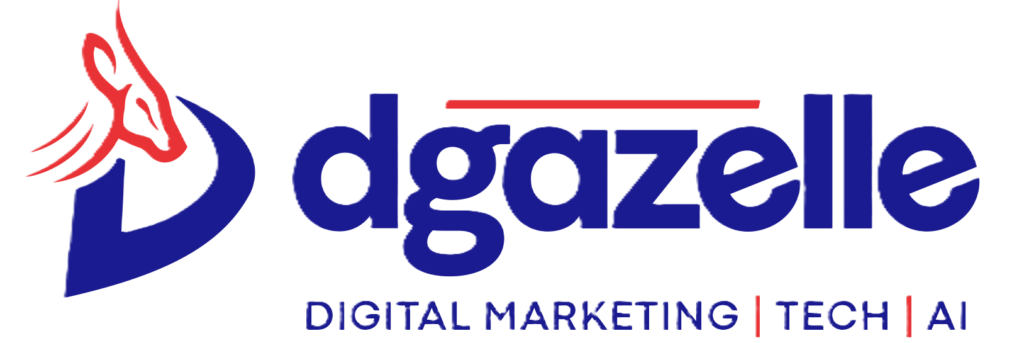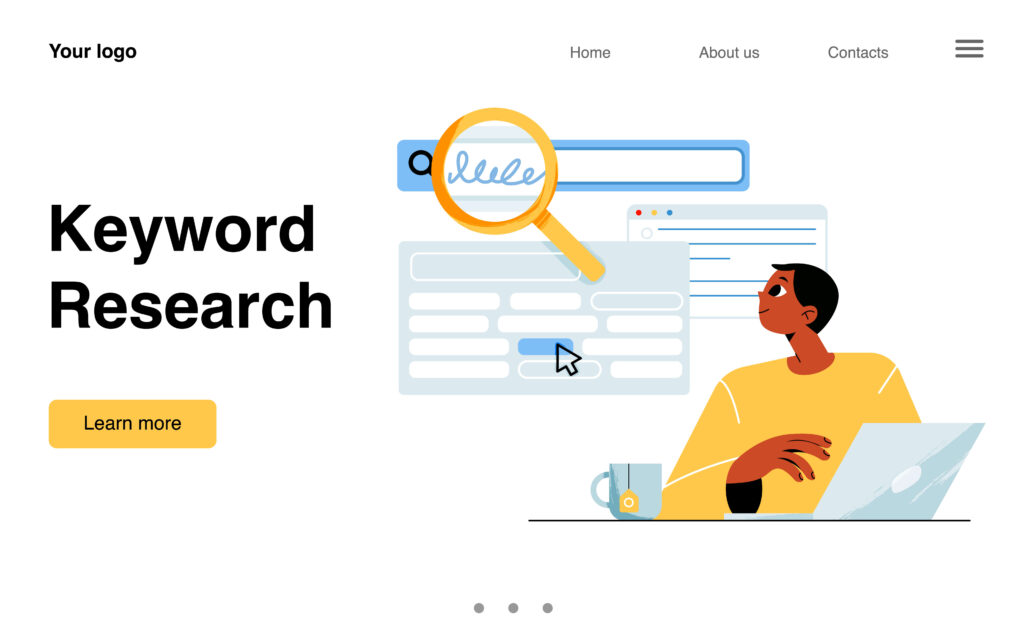keywords are currency, but if you’re only targeting popular search terms without understanding the difference between brand and nonbrand keywords, you’re likely leaving money, and conversions on the table.
Whether you run an e-commerce store, offer digital services, or work in-house for a growing startup, knowing how to balance these two keyword types can sharpen your marketing strategy and boost your ROI. At Dgazelle Digital Services, we help businesses decode SEO complexities like this every day. So let’s break it down.
What Are Brand and Nonbrand Keywords?
Brand Keywords: These include your business name, product names, or any phrase directly associated with your brand.
Examples: “Nike running shoes”, “Dgazelle SEO services”, “Apple iPhone 15 Pro Max”. People searching these terms already know who you are. They’re warmer leads, closer to conversion, and usually searching with intent.
Non- brand Keywords: These are generic terms not tied to your specific business but relate to what you offer.
Examples: “best running shoes”, “SEO agency near me”, “digital marketing consultant” Nonbrand keywords target a colder audience, people who may not know you yet, but are in the market for what you offer.
Why Does This Distinction Matter?
Many businesses focus heavily on branded keywords in their campaigns, thinking, “Let’s rank for our name first.” That’s important, but it’s only one piece of the puzzle.
Here’s what you’re missing if you ignore nonbrand keywords:
- You lose out on discovery: People not yet familiar with your brand won’t find you.
- You miss broader traffic potential: Generic keywords usually have higher search volumes.
- Your growth is capped: Branded traffic only grows as your reputation does.
- Smart marketers know: Brand keywords protect your turf. Nonbrand keywords grow it.
Real-World Scenario: A Marketer’s Blindspot.
Let’s say you’re the marketing manager of a growing skincare brand. You run Google Ads using only branded keywords like “Glow Skin Moisturizer” and “Glow Skin Nigeria.” Sure, your loyal customers find you, but new users looking for “best moisturizers for oily skin” won’t see your brand at all. You’ve just left a massive opportunity on the table. So Which Should You Focus On? The short answer? Both. But how you balance them depends on your goals.
It’s not just about running ads, it’s about running the right ones.
Let our digital marketing team at Dgazelle optimize your keyword strategy and get more ROI from your campaigns. Book a free consultation.
Goal: Focus More On
- Brand awareness: Nonbrand keywords
- Protecting reputation: Brand keywords
- Launching new products: Nonbrand + Brand hybrid
- Remarketing or loyalty: Brand keywords
How to Optimize for Both
1. Create SEO Content That Targets Nonbrand Terms
Write blogs, landing pages, and FAQs that answer what your ideal customer is Googling, before they know you exist.
2. Run Branded PPC Campaigns to Protect Your Space
Competitors may bid on your name, especially if you’re gaining traction. Use branded ads to stay top of mind and defend your brand space. Bonus? Branded ads are cheaper and convert better.
3. Use Google Search Console to Monitor What People Actually Search
You may be surprised how people are finding you. Are they using variations of your brand name? Misspellings?
Track these, then add them as exact match or phrase match keywords in your campaigns.
4. Create a Balanced Keyword Strategy
Think of your keywords in three layers:
Brand keywords: To convert people already familiar with you.
Nonbrand keywords: To attract new visitors.
Hybrid keywords: Like “Dgazelle ecommerce SEO tips” these work well for content marketing and authority-building.
How Dgazelle Can Help You Strike the Balance
At Dgazelle Digital Services, we understand that successful digital marketing is more than picking a few keywords and hoping for clicks.
We help service-based brands, coaches, consultants, e-commerce stores, and agencies:
- Research and rank for profitable nonbrand keywords
- Protect and grow their brand keyword space
- Craft SEO content that brings traffic and conversions
- Design conversion-optimized websites that align with keyword strategy
Whether you’re building from scratch or scaling your efforts, our strategy-first approach ensures your marketing dollars work harder.
Final Thoughts: Play the Long Game
In 2025 and beyond, the SEO game isn’t about gaming algorithms. It’s about serving humans.
Branded keywords will always be your strongest signals of trust and loyalty. But nonbrand keywords are how strangers become customers. Want to maximize both? Let Dgazelle help you build an SEO strategy that balances discovery and dominance, because what good is a great brand if no one new ever sees it?
Let Dgazelle help you strike the perfect balance between brand and nonbrand keywords that actually convert. Talk to a strategist today.







